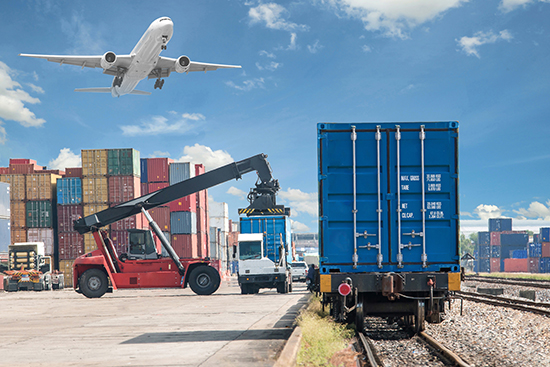What is a Distribution Centre
A distribution centre is the nucleus of a supply chain business. It is a particular place or space in a building which is stocked with goods and inventories that are to be distributed among the customers or wholesalers.
It is considered as the foundation of the entire supply network. Its primary purpose is to distribute the stocked goods to different locations.
The turnover, the time between receiving and shipping the goods, is lesser as compared to that of a warehouse. And this is the sole difference between both of them.
Let’s discuss the role and contribution of a distribution centre in smooth and efficient running of supply chain business.
1. Act as a terminal or central hub
It is a place where a large bulk of goods is gathered and then broken down into numerous smaller segments of goods and these segments are distributed to their respective locations or customers. It acts as a terminal to make the entire process synchronized.
These centers can be utilized as a central hub to simplify the inventories. They ensure hyper-efficient operation that further ensure minimal distribution errors.
2. Optimize customers’ convenience
It is not feasible for every supply business owner to offer grocery stores to its customers. Moreover, managing too many end-customers can make the organization more chaotic which will hinder the efficiency quotient.
A distribution centre can be your savior in such critical situations. It will enable your customers to buy goods of different brands under one roof. It will make the entire supply process convenient for you as well as your customers.
3. Purchase as per your requirement
Retailers are the ones that can have maximum advantage from these distribution centers. As these centers allow them to purchase in small quantities as per their needs and budget.
Small retailers often have a tight budget to swear by that makes it tough for them to buy in bulk and thus, distribution centers are the best place for them to purchase from.
4. Provides cross-docking solution
These centers offer clients a cross-docking solution where inbound freight is immediately moved to a separate dock for outbound service. In this way it resists storage and accelerates the pace of the process.
Cross-docking ultimately boosts the value of the overarching system and ensures the efficiency of the entire process.
5. Reduce time and cost
Distribution center’s core responsibility is to make the operations efficient and they have the potential to ace it.
They ensure that the operations are cost efficient and time saving. As the entire bulk is broken down into segments, there is no need for hundreds of trucks to carry them and this leads to a huge cut in the cost.



